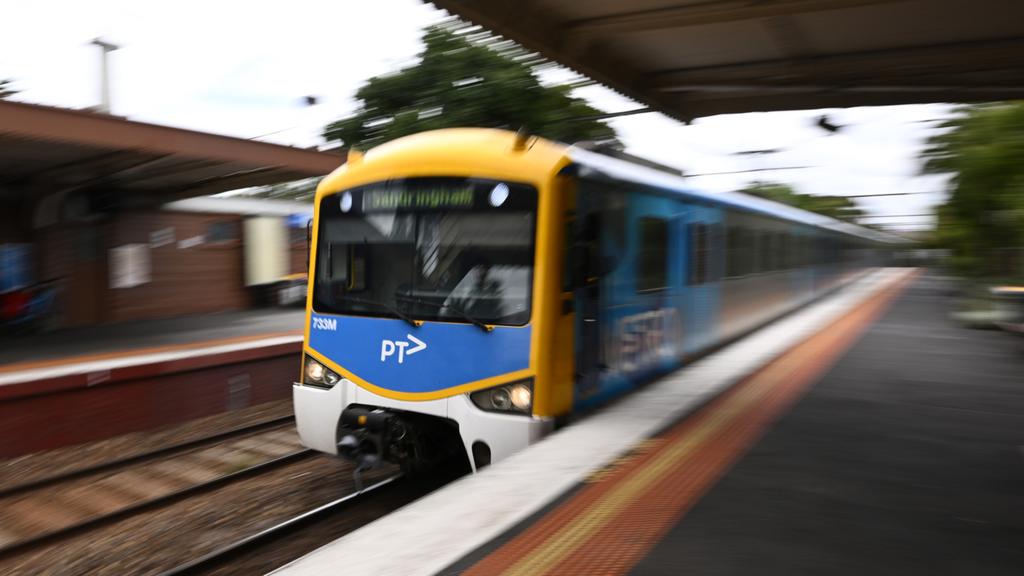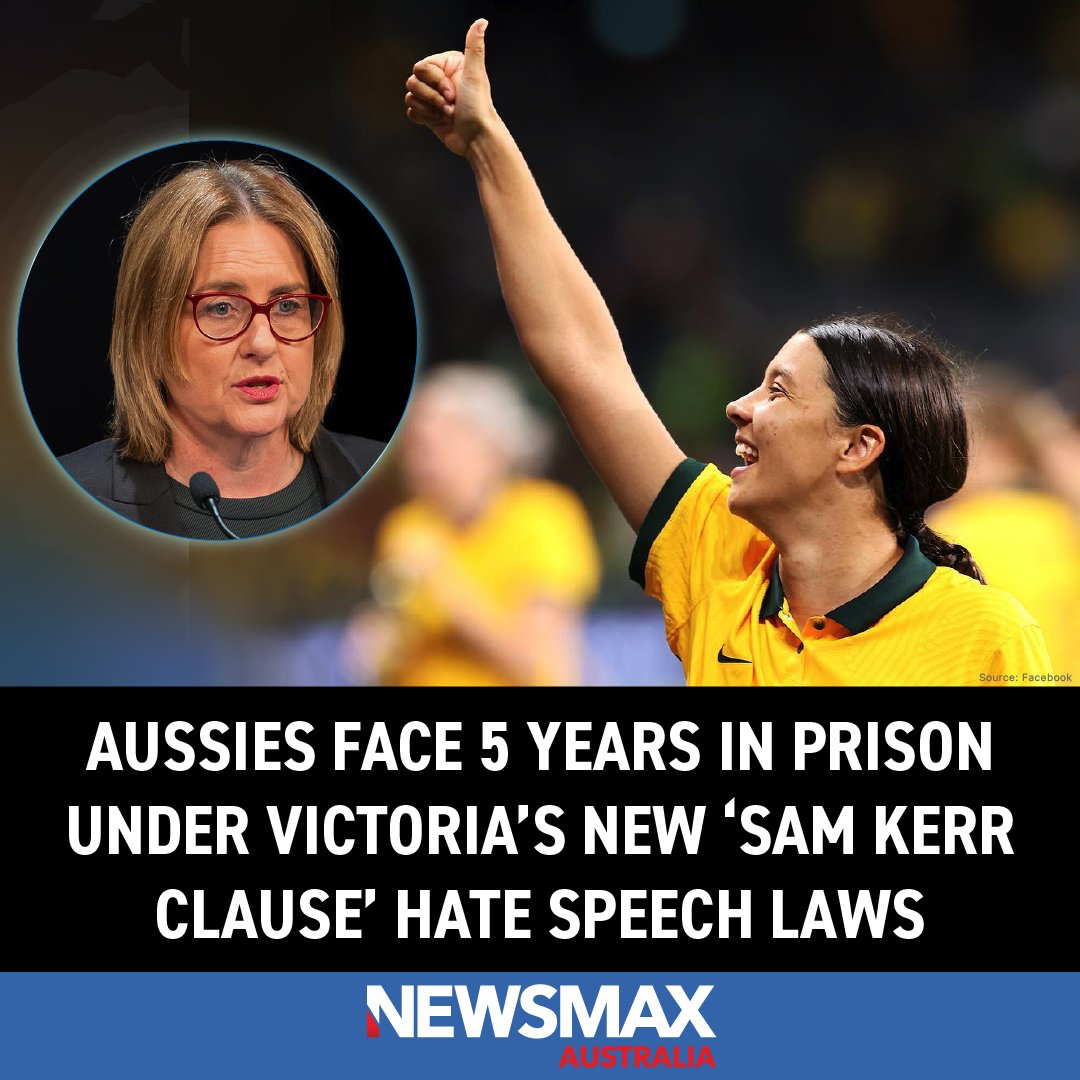Infrastructure Minister Catherine King’s hand-picked review warned that Victoria’s controversial Suburban Rail Loop represented a risk to the federal government’s road and rail budget.
Ms King’s department continues to fight to keep the contents of the report secret, including the details of 30 projects recommended scrapped but which Labor continues to fund.
The government is facing accusations of hypocrisy over the secrecy, given it spent years attacking the Coalition over similar behaviour.
The government is facing accusations of hypocrisy over the secrecy, given it spent years attacking the Coalition over similar behaviour.
Federal Labor’s commitment to the first phase of the Suburban Rail Loop is $2.2 billion, but with the overall cost of the first two stages alone exceeding $200 billion, the final report indicated more money would likely be needed.

And with Victoria facing warnings from ratings agencies over its forecast $188 billion debt pile, the risk is federal coffers will be raided to cover the cost at the detriment of other projects around the country.
The report warned the SRL created a significant unknown risk to the current $120 billion 10-year infrastructure pipeline, despite it not formally being part of the review, a source with knowledge of the findings said.
“It was clear more money would be needed for the Suburban Rail Loop, which has the potential to blow out the 10-year funding envelope,” the person said.
The government has previously denied the report canvassed the rail loop because the terms of reference excluded Labor’s 2022 election promises.
Ms King said the $2.2 billion promised was contingent on certain conditions being met under the relevant legislation, and further money would only be budgeted if Victoria worked with Infrastructure Australia.
“As I have made clear on a number of occasions, no decisions have been made about further funding,” she said on Sunday.
Infrastructure Australia – the independent assessor of projects of national significance – is reviewing the rail loop, but will not release its findings until after the Australian National Audit Office releases its own probe into the election commitment.
The ANAO report is due in September.
Ms King responded to the infrastructure review in November last year, axing about 50 projects worth $7.3 billion.
This was necessary she said because the cost of 700-plus projects had ballooned by $32.8 billion.
The rail loop was excluded from the list of projects the reviewers could recommend be axed, however, because all federal election promises were exempted from consideration.
In March, Victoria’s independent Parliamentary Budget Office said the cost of building and operating the first two stages of the three stage 90-kilometre rail loop had blown out from $200 billion to $216 billion.
The construction component of the first phase, SRL East, is $32.8 billion while the budget office’s estimate for the cost of stage two was $63.7 billion, a figure disputed by the Victorian government.
It is by far the state’s most expensive infrastructure project.
Ms King’s Infrastructure Department is also fighting to keep secret the full list of projects recommended be axed, which transparency experts said raised questions about why some projects were cut and others saved.
The department claimed releasing the list “would not inform debate on a matter of public importance” and “would not promote effective oversight of public expenditure”.
It concluded publication would “be contrary to the public interest” because it might, among other things, “interrupt or create difficulty in negotiations” over funding with states and territories.
Geoffrey Watson, SC, Director of the Centre for Public Integrity, rubbished the claims and said the public paid for a costly review of the infrastructure pipeline and was entitled to know the results.
“We should be allowed to read it, full stop. It’s a public record, it’s not more complicated than that,” Mr Watson said. “Why one should be picked in preference to another is a matter of serious policy concern.
“Given recent conduct by government, the inference is that it may have been more politically astute to prefer one over another – marginal seat questions. We are allowed to know about that and should not be kept in the dark.”
Mr King commissioned the 90-day review in May 2023 and the process was led by Infrastructure Australia director Clare Gardiner-Barnes, Planning and Research Centre chairman Reece Waldock, and former Infrastructure Department secretary and NEC Australia and NZ chairman Mike Mrdak.
AFR



